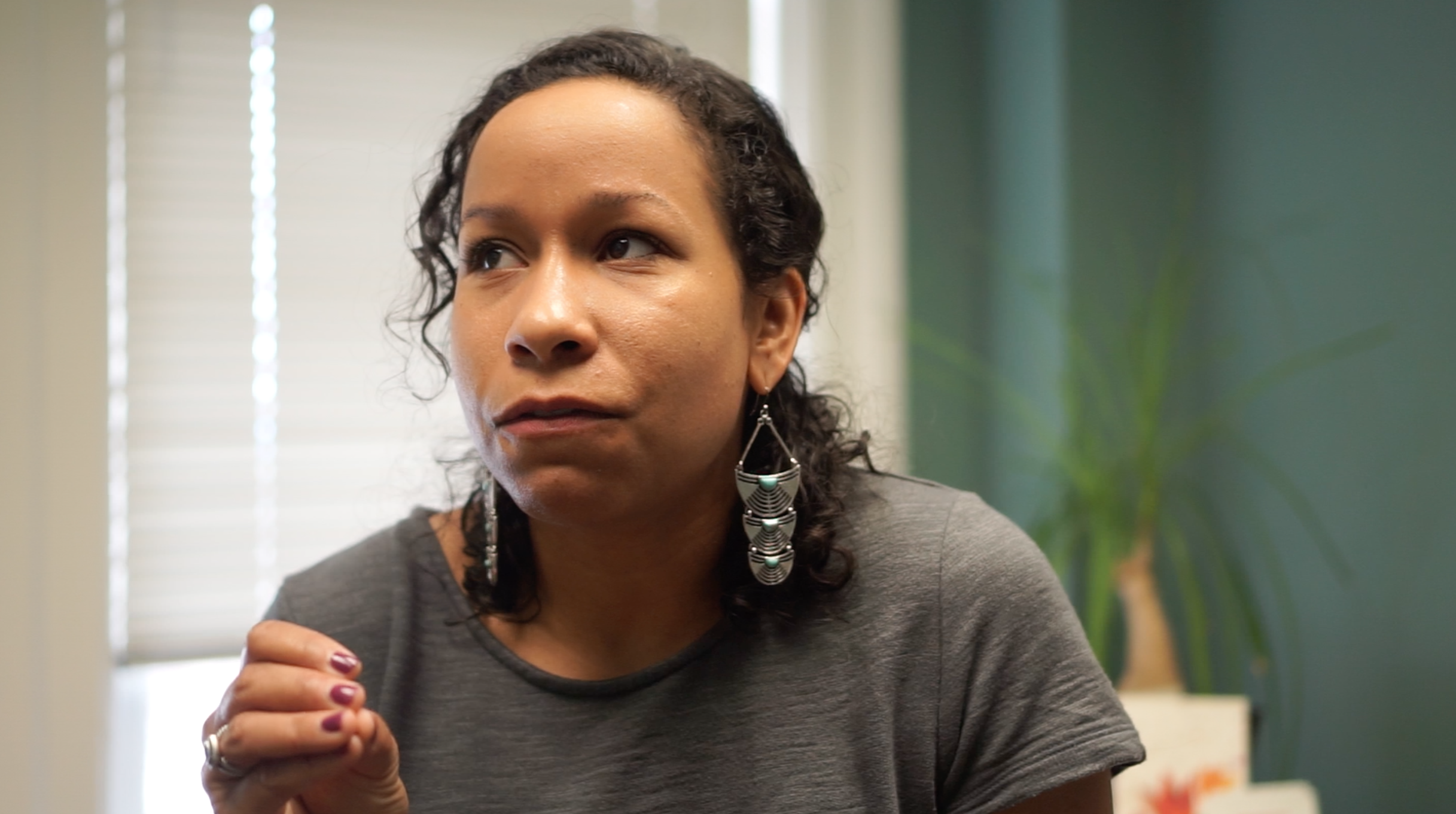Jeff Kohnstamm, President, Timberline Lodge

“It was the first time I was away from home with people from different ethnic and socioeconomic backgrounds. You’re living, having meals with, [and] staying in cabins with new and different people. It made a huge impression on me.”
My name is Jeff Kohnstamm. I’m the area operator at Timberline Lodge, which is a family business that my father started in 1955. So I grew up here, went to school in Portland, I’m a native Oregonian. I went away to college in New York. I worked in a couple of big cities and came back to Timberline in 1987.
All my brothers [and I] went to Outdoor School. My wife went to Outdoor School and she was a counselor, as well. And my three children all went to Outdoor School and they had tremendous experiences.
My father always took us camping and hiking. I hiked the Timberline Trail from Timberline to Cascade Locks in sixth grade with a buddy. So I was kind of an outdoor person already, so the things that I look back on that I remember [about Outdoor School] aren’t so much those outdoor skills, but the time spent with people in that setting.
I went to Riverdale Grade School in Southwest Portland, which was a small, not very diverse place. A lot of privileged children there. I think probably the largest impact Outdoor School had on me was it was the first time I was away from home with people from different ethnic and socioeconomic backgrounds. [Outdoor School] certainly reinforced my appreciation for the outdoors, but it wasn’t new to me. But seeing other people see it for the first time was fascinating to me. And certainly meeting people in that environment created bonds that were stronger than just meeting someone in a more casual situation. You’re basically living, having meals with, [and] staying in cabins with new and different people. It made a huge impression on me. It was a really a seminal moment in my life.
One of the reasons that I really wanted to get back to Timberline is because if you meet folks in L.A. or New York, basically their world revolves around relationships with other people and what drives their good day and their bad day are all personal interactions with other people. I came from this place where that was certainly part of your day, but it wasn’t all of it. The environment, just the winter at Timberline, for instance, [plays] a big part [in] whether you have a good day or a bad day, whether you get snowed in or not.
Whether you’re a surfer or a sailor or a hiker or a mountaineer, those [with an] outside sort of ethic, the environment has a whole lot to do with how you look at life and basically how your day goes.
Outdoor School is a place where I got that ethic in mind. It’s been reinforced over the years. I went to Outdoor School and I was good enough to meet some great people who were instructors there and they invited me back to be a counselor. [This] led into one summer I spent in the Youth Conservation Corps with the same group of people who are all just very well-minded folks who liked working with kids and like working in the outdoors.
People who get into outdoor activities become more aware of and concerned about our natural environment. We create a community of people who are more environmentally savvy and conservation-oriented. We have this small globe and I think kids these days really are interested in the environment, much more so than my generation beforehand. Outdoor School is a place to set that tone and start kids off in the right direction.
Education is tough. I have a sister-in-law on the Portland School Board. There’s all these very difficult decisions on budgets and what gets cut and what doesn’t get cut. The things that I remember in school that were awesome were Outdoor School plus band and art and athletics. It seems like there’s [financial] pressure all the time on those things and [those things] are what makes a person, a person. Certainly there’s the core curriculum that people are most concerned about, but it doesn’t shape who you are, and those other things do. So, the more I think that we can secure funding for those sorts of disciplines — that some people view as optional but I don’t — I think the better our youth are going to be and the better our community is going to be.
Timberline has this great history and culture. It was built primarily to put people to work. They were people without jobs and very little skills, and they were given the opportunity, shown the skills to build stuff — especially the art around Timberline. [It] created this bond amongst a group of people and created this place that has a tremendous legacy over time. It’s all about the spirit of the outdoors and being capable and competent in the outdoors. I see a huge correlation between that and bringing up our young people with that sort of value.
Photo Credit: Kris Lattimore





